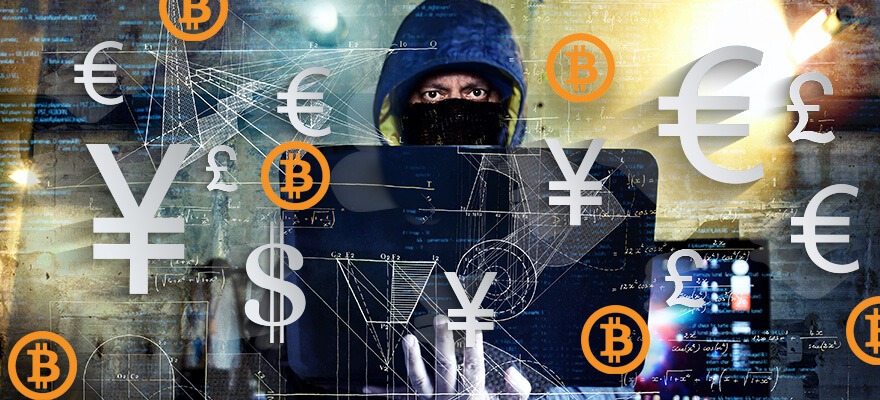Bitcoin Money Laundering: What Recent Research Reveals
For many people who are skeptical of Bitcoin and consider it a “bubble,” one of the main arguments against using this cryptocurrency is its popularity among criminals—from drug dealers to cyber scammers, as well as anyone looking to launder illicit funds. While the Bitcoin community has repeatedly debunked the claim that Bitcoin is primarily a currency for criminals, it’s still worth examining how accurate this statement is today.
Who Conducted the Research?
An American organization, the Foundation for Defense of Democracies, together with blockchain analysts from the company Elliptic, conducted an extensive study to determine the exact percentage of bitcoins used for illegal activities. To make the data more manageable, the research focused on the period from 2013 to 2016. According to Elliptic, they used a special data analysis method for sorting and categorizing the information.
What Method Was Used?
This method typically relies on known datasets linked to illegal activities (such as wallets and Bitcoin addresses belonging to criminals who have been caught). The analysis covered about 214 Bitcoin conversion services, including Bitcoin mixers, gambling sites, cryptocurrency exchanges, and exchangers.
Key Findings
The results were, to say the least, surprising. According to the study, less than 1 percent of all Bitcoin transactions are connected to illegal activities. (Note: This is a shocking result, as previous reports suggested that around 47% of Bitcoin transactions were related to the darknet.)
The research also provided some compelling insights:
- Cryptocurrency exchanges received the largest amount of known illicit bitcoins. (For example, consider the history of the BTC-e exchange and the RAMP marketplace.)
- Interestingly, 50% of illegal bitcoins were laundered through just two European crypto exchanges.
- When it comes to laundering bitcoins, mixers and gambling sites are popular “cleaning” services. The data shows that 97% of the volume passing through mixers and gambling sites can be traced back to just three services, and about half of this volume is linked to illegal activity.
- Another notable finding is that 97% of illegal bitcoins circulate on darknet markets such as the now-defunct Silk Road and AlphaBay.
- In 2016, only 80% of illegal bitcoins circulated on Western darknet platforms. The shift from 97% to 80% was attributed to the rise of ransomware, which demanded payments in Bitcoin, making those bitcoins illegal as well.
- The data also shows that the flow of illegal bitcoins through darknet platforms is highly centralized. Each year, researchers found that about 50% of illegal bitcoins were connected to darknet markets: in 2013, about 90% were linked to Silk Road; in 2014, Agora and Silk Road accounted for 80%; in 2015, nearly half were in Agora; and in 2016, Nucleus Market and AlphaBay held 75% of circulating illegal bitcoins.
Why Was This Research Conducted?
The large number of money-laundering services was the main reason for the study. Researchers believe that law enforcement should focus on darknet markets, Bitcoin mixers, gambling sites, and exchanges, as these are the main channels for laundering illicit funds. The best approach to combating illegal laundering, according to the researchers, is to identify vulnerabilities in these platforms and shut them down.
However, banning Bitcoin because of its use in money laundering and illegal activities is not feasible. Why? If that were the case, the dollar, ruble, euro, and every other currency would also need to be banned, since all are used for illegal transactions. You never hear serious discussions about banning the dollar, for example.
Why Is Using Bitcoin for Illegal Activities a Bad Idea?
As previously discussed, Bitcoin’s anonymity is a myth. All transaction records are stored in a public ledger, and if ownership of a particular Bitcoin wallet can be proven, it’s easy to charge someone with illegal sales if there is supporting evidence. This is how almost all users and sellers on the original darknet marketplace, Silk Road, were caught.
If you want greater anonymity and are concerned about your “dark” activities, there are alternatives like DASH or Monero, which prioritize transaction security and anonymity. Their blockchains are much harder to analyze than Bitcoin’s.



